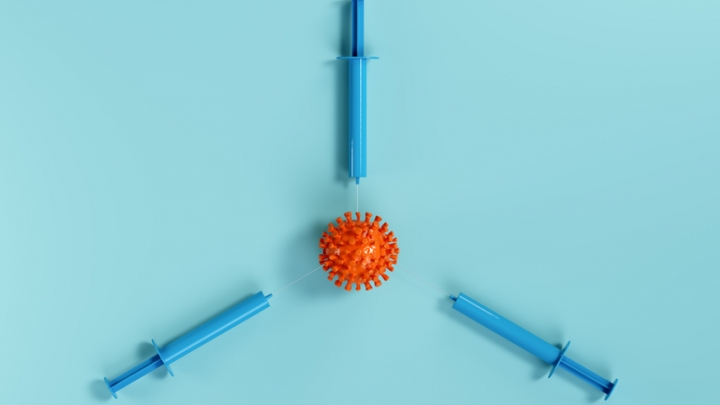(RxWiki News) Have you gotten your booster yet?
Only around 40 percent of Americans can say yes to that question, according to a recent report from NPR News.
After a large uptick in booster shots in December, the number of people getting their COVID-19 booster shots has slowed significantly. As of the time of the report, roughly 40 percent of eligible Americans had received the third shot.
Initial vaccination against COVID-19 is one of the most important ways to prevent infection, but recent research has shown that vaccine-induced immunity to the virus wanes over time, particularly when new variants begin circulating.
The good news? A booster shot — a third shot for those who got the Pfizer and Moderna vaccines and a second shot for those who got the Johnson & Johnson vaccine — restores immunity to COVID-19.
Everyone who is at least 12 years old and who received the Pfizer-BioNTech two-dose vaccine is eligible for a booster shot at five months after their second dose. The same is true for adults who received the two-dose Moderna vaccine. For adults who received the one-dose Johnson & Johnson vaccine, eligibility for a booster shot starts at two months after the vaccination.
Regardless of the initial vaccine you received, the Centers for Disease Control and Prevention (CDC) recommends receiving either the Pfizer or Moderna vaccine as a booster shot. The Pfizer shot is the only one approved for children ages 12 to 17.
Side effects, such as chills, fever, muscle pain and headache, are normal after COVID-19 vaccination and boosters. They are a sign that your immune system is building protection against the virus, according to the CDC.
Contact your local community pharmacy or health care provider to ask about booster shot eligibility.









